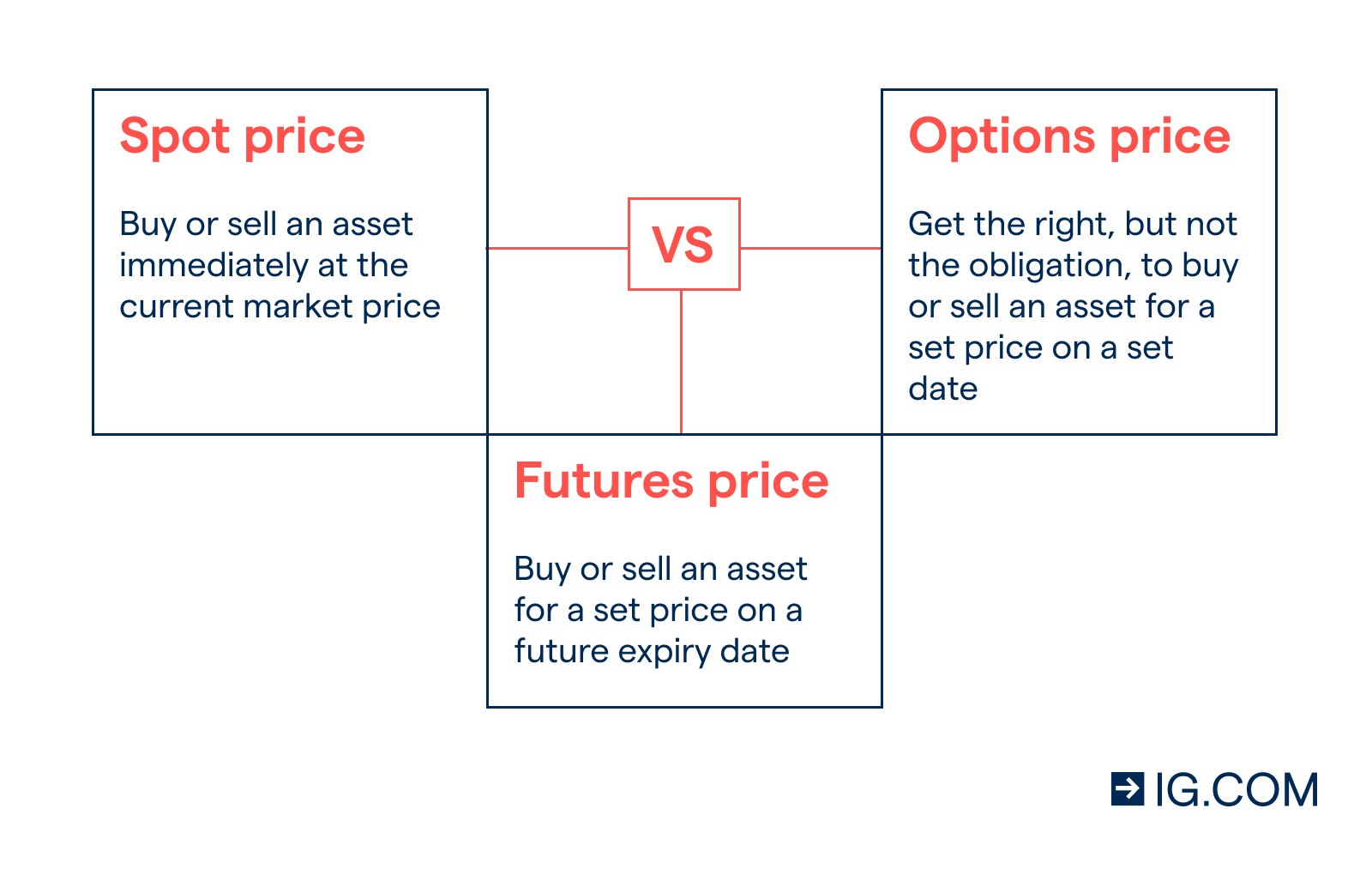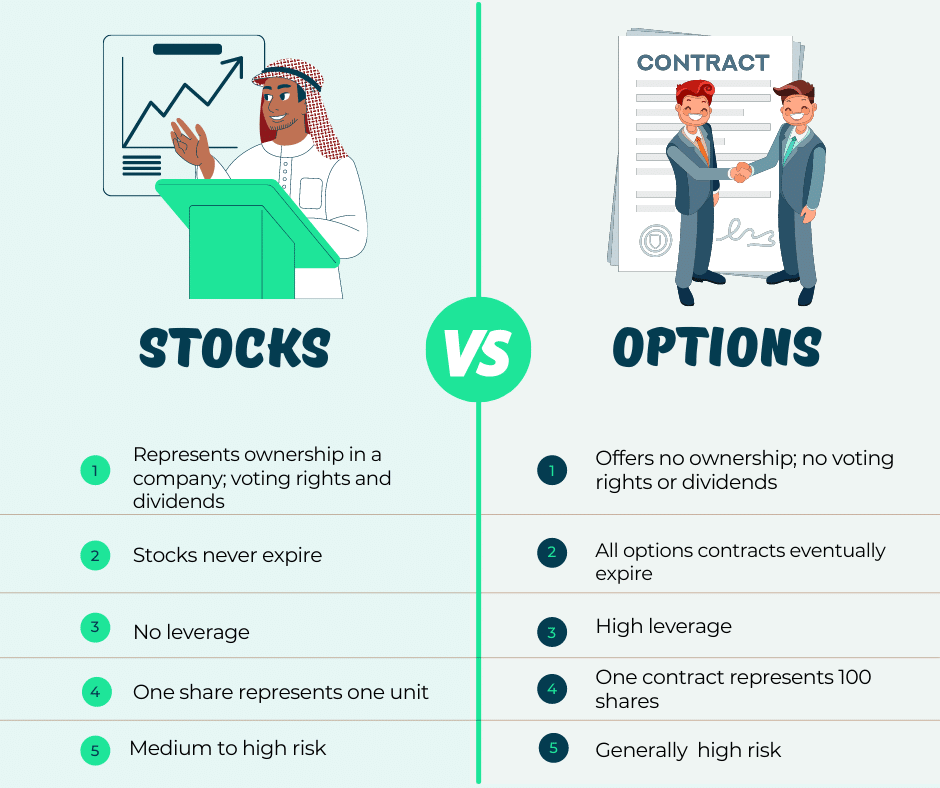Introduction
The financial landscape offers a myriad of opportunities for investors to enhance their portfolios. Among the most popular avenues are options trading and futures trading. Options trading grants traders the opportunity to speculate on the future price movements of an underlying asset, allowing them to potentially capitalize on both bullish and bearish scenarios. Futures trading, on the other hand, involves contracts that obligate the buyer to purchase or the seller to deliver a specified asset at a predefined future date. While both options and futures trading share similarities, their intricacies and nuances set them apart. This in-depth analysis will delve into the complexities of options trading versus futures trading to provide a comprehensive understanding of each methodology.

Image: www.slidemake.com
Options Trading: Understanding the Options Market
Options trading involves contracts that convey the right, but not the obligation, to buy (call option) or sell (put option) an underlying asset at a specified price on or before a set date. Options traders pay a premium to acquire these contracts, bestowing upon them the potential to capitalize on the price fluctuations of the underlying asset. If the price of the underlying asset moves in their favor, they can exercise their option contract, potentially generating substantial profits. However, if the underlying asset’s price moves against them, they have the choice to forfeit the premium paid and let the contract expire worthless.
Futures Trading: The Essence of Futures Contracts
Futures trading encompasses contracts that obligate the buyer to purchase or the seller to deliver a specified quantity of an underlying asset at a predetermined future date and price. These contracts are standardized and traded on regulated exchanges, ensuring transparency and liquidity. Futures trading enables participants to hedge against price risks, speculate on price movements, and arbitrage price discrepancies across different markets. While futures contracts are binding agreements, traders have the flexibility to offset their positions before the contract’s expiration date, allowing them to adjust their strategies based on market dynamics.
Key Differences Between Options and Futures
Understanding the distinctions between options and futures is essential for traders. Options trading grants traders the right, but not the obligation, to buy or sell an underlying asset, whereas futures contracts are binding agreements that necessitate the fulfillment of obligations. Moreover, options involve the payment of a premium, while futures contracts necessitate the posting of margin as collateral. Options trading enables traders to speculate on both bullish and bearish price movements, while futures trading primarily focuses on speculating on price directionality.

Image: www.projectfinance.com
Advantages and Disadvantages of Options Trading
Options trading offers numerous advantages. It provides traders with flexibility by granting them the right, but not the obligation, to execute a trade, reducing potential losses compared to futures trading. Options trading also offers opportunities for income generation through strategies such as selling covered calls or cash-secured puts. However, options trading comes with its own set of risks. The time decay of options contracts can erode their value over time, even if the underlying asset’s price remains unchanged. Additionally, options trading requires a comprehensive understanding of options pricing models and strategies.
Advantages and Disadvantages of Futures Trading
Futures trading also offers a range of benefits. Futures contracts provide standardized specifications, facilitating efficient trading and risk management. The leverage offered by futures trading magnifies the potential returns, but it also amplifies the risks involved. Futures trading allows for both long and short positions, enabling traders to capitalize on both rising and falling prices. However, futures contracts are binding agreements, requiring traders to fulfill their obligations or face potential financial penalties. Futures trading also requires a keen understanding of futures market dynamics and risk management techniques.
Options Trading Vs Futures Trading
Conclusion
Options trading and futures trading offer unique opportunities for investors to access the financial markets. Options trading grants flexibility and the potential for income generation, while futures trading provides standardized contracts, leverage, and the ability to speculate on price directionality. Ultimately, the choice between options and futures depends on an individual’s investment objectives, risk tolerance, and understanding of market dynamics. By thoroughly comprehending the intricacies of each trading methodology, investors can make informed decisions and harness the potential of the financial markets effectively.






